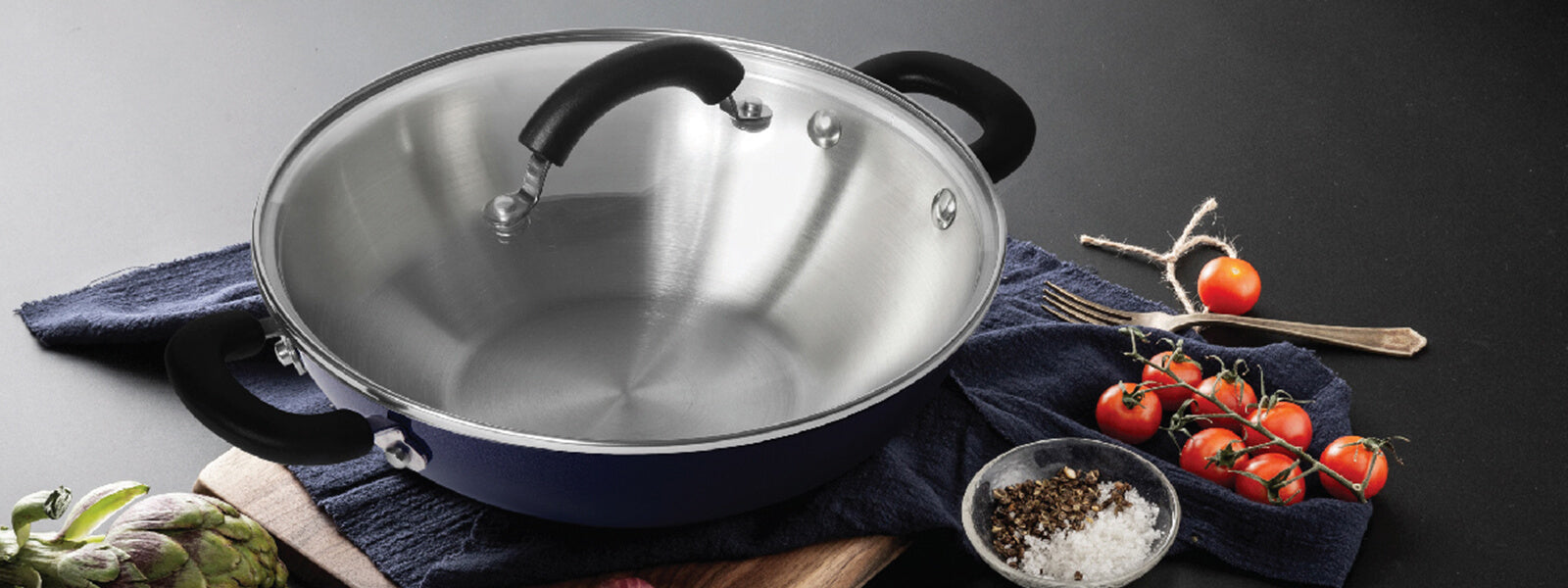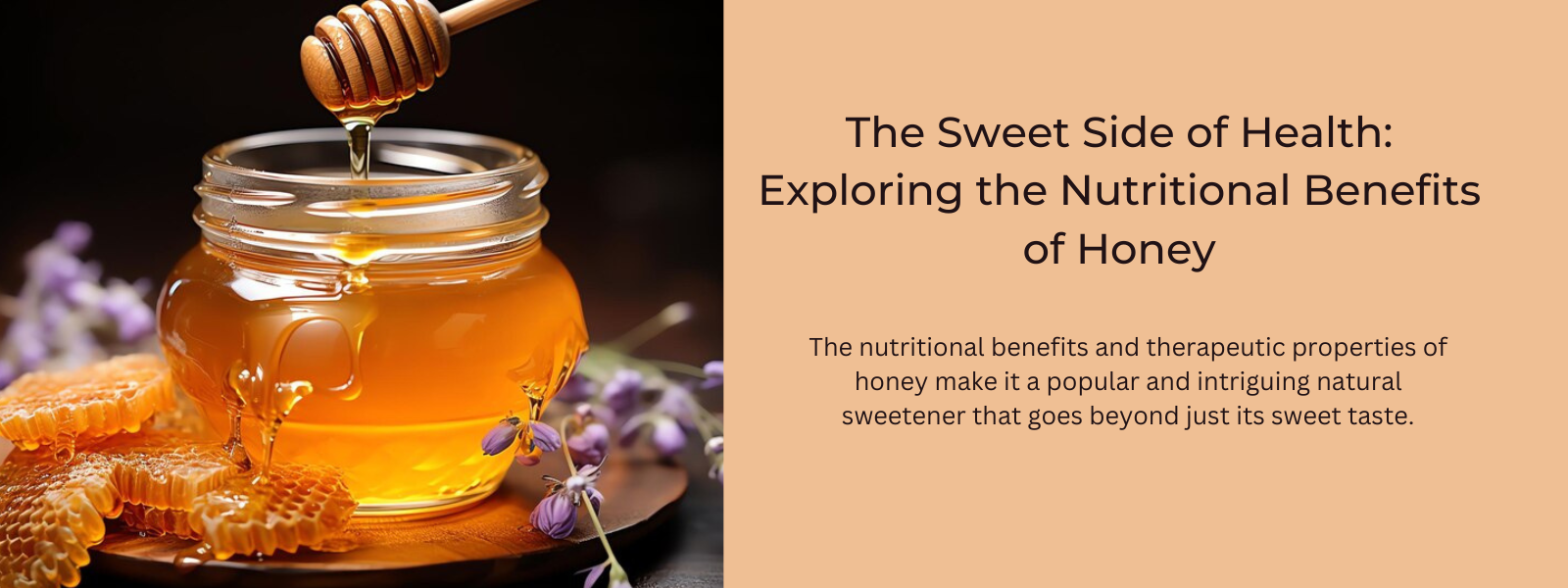Honey, often hailed as "Nature's Golden Elixir," embodies a remarkable fusion of natural sweetness, rich nutritional content, and diverse health-promoting properties. This golden-hued substance, crafted by bees from floral nectar, transcends mere sweetness, serving as a cherished natural sweetener in culinary pursuits worldwide. Its golden glow signifies not only its visual allure but also its multifaceted value, encapsulating antioxidants, trace vitamins, minerals, and potent antibacterial and anti-inflammatory compounds.
Table of Contents
How Does Honey Boost Your Immune System?
Honey has been valued for centuries for its potential health benefits, including its ability to support the immune system. Here's how honey can boost the immune system:
- Antioxidant Properties: Honey contains various antioxidants, such as flavonoids and phenolic compounds. These antioxidants help neutralize harmful free radicals in the body, reducing oxidative stress and supporting the immune system's function.
- Antibacterial and Antifungal Properties: Certain types of honey, notably Manuka honey, possess natural antibacterial and antifungal properties due to compounds like hydrogen peroxide and methylglyoxal. These properties can aid in fighting off infections and supporting overall immune health.
- Wound Healing: Honey has been used for centuries as a natural remedy for wound healing. Its antibacterial properties, along with its ability to create a protective barrier and maintain a moist environment conducive to healing, can help prevent infections and speed up the healing process.
- Soothing Effects: The anti-inflammatory properties of honey can help soothe a sore throat or cough. Consuming honey mixed with warm water or tea can provide relief from throat irritation, making it a popular home remedy for respiratory issues.
- Prebiotic Potential: Some types of honey, particularly raw and unfiltered varieties, contain prebiotics. These prebiotics promote the growth of beneficial bacteria in the gut, supporting a healthy digestive system, which is closely linked to immune function.
- Nutrient Content: While not a significant source of nutrients, honey contains trace amounts of vitamins and minerals that contribute to overall health and immune function, including small quantities of vitamin C, calcium, iron, and potassium.
Honey & Home-Made Remedy:
Honey is often used as a home remedy to help alleviate symptoms associated with the common cold, particularly coughs and sore throats. Here's how honey may be beneficial:
- Soothing Effects: Honey has natural properties that can soothe a sore throat and calm coughs. Its thick consistency forms a protective layer on the throat, providing relief from irritation and reducing cough frequency.
- Antibacterial Properties: Certain types of honey, especially raw and unprocessed varieties like Manuka honey, contain natural antibacterial properties. These properties can help inhibit the growth of bacteria in the throat, potentially reducing the risk of infections.
- Cough Suppressant: Honey acts as a natural cough suppressant. Consuming honey, particularly before bedtime, can help ease nighttime coughing and improve sleep quality by soothing the throat.
- Anti-inflammatory Effects: Honey exhibits mild anti-inflammatory properties that may contribute to reducing inflammation in the throat, providing relief from discomfort associated with a cold.
Honey For Cold:
To use honey for cold symptoms:
- Honey and Warm Water: Mixing honey with warm water or herbal teas can help soothe a sore throat and provide relief from coughing.
- Honey and Lemon: Combining honey with a squeeze of lemon in warm water can create a soothing drink that offers both vitamin C from the lemon and the soothing properties of honey.
- Consumption: Consuming a spoonful of honey directly can also provide temporary relief from throat irritation and coughing.










Leave a comment